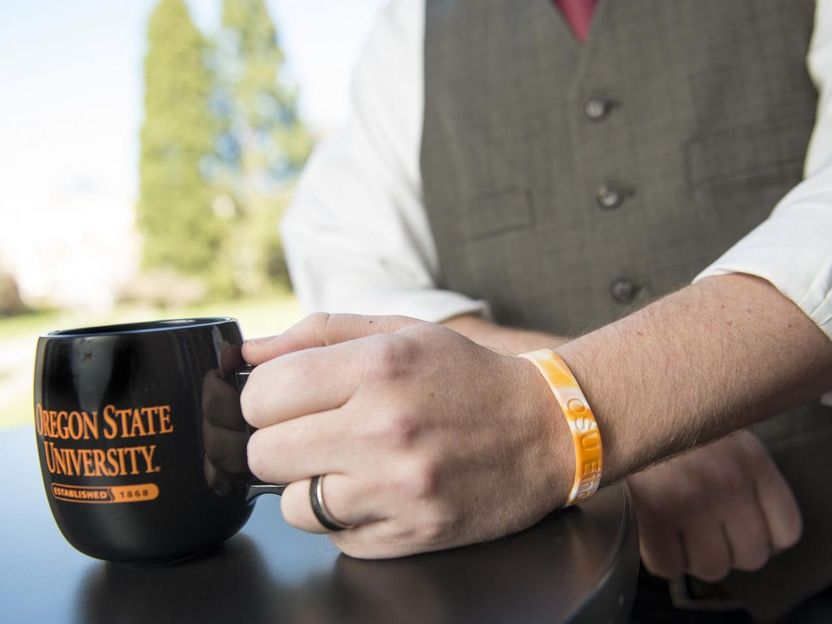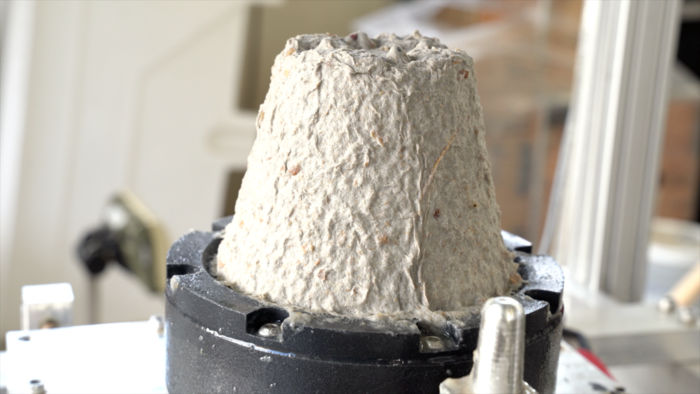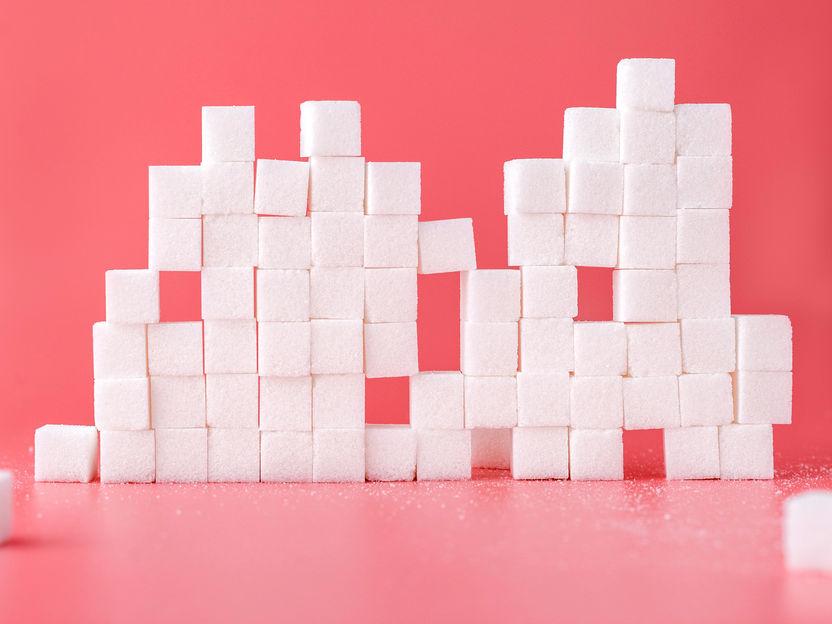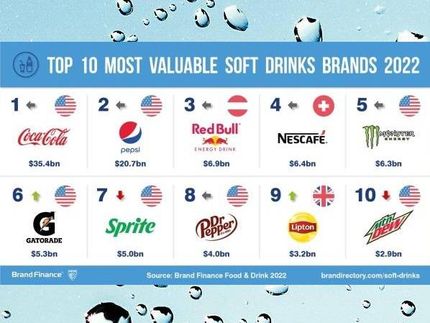We love coffee, tea, chocolate and soft drinks so much, caffeine is literally in our blood
Scientists at Oregon State University may have proven how much people love coffee, tea, chocolate, soda and energy drinks as they validated their new method for studying how different drugs interact in the body.

Coffee
Photo by Steven Ward, OSU Extension and Experiment Station Communications.
In conducting mass spectrometry research, Richard van Breemen and Luying Chen worked with various biomedical suppliers to purchase 18 batches of supposedly pure human blood serum pooled from multiple donors. Biomedical suppliers get their blood from blood banks, who pass along inventory that's nearing its expiration date.
All 18 batches tested positive for caffeine. Also, in many of the samples the researchers found traces of cough medicine and an anti-anxiety drug. The findings point to the potential for contaminated blood transfusions, and also suggest that blood used in research isn't necessarily pure.
"From a 'contamination' standpoint, caffeine is not a big worry for patients, though it may be a commentary on current society," said Chen, a Ph.D. student. "But the other drugs being in there could be an issue for patients, as well as posing a problem for those of us doing this type of research because it's hard to get clean blood samples."
The study was published in the Journal of Pharmaceutical and Biomedical Analysis.
In addition to caffeine, the research also involved testing pooled serum for alprazolam, an anti-anxiety medicine sold under the trade name Xanax; dextromethorphan, an over-the-counter cough suppressant; and tolbutamide, a medicine used to treat type 2 diabetes.
All of the pooled serum was free of tolbutamide, but eight samples contained dextromethorphan and 13 contained alprazolam - possibly meaning that if you ever need a blood transfusion, your odds of also receiving caffeine, cough medicine and an anti-anxiety drug are pretty good.
"The study leads you in that direction, though without doing a comprehensive survey of vendors and blood banks we can only speculate on how widespread the problem is," said van Breemen, the director of OSU's Linus Pauling Institute. "Another thing to consider is that we found drugs that we just happened to be looking for in doing the drug interaction assay validation - how many others are in there too that we weren't looking for?"
The purpose of the study by Chen and van Breemen was to test a new method for evaluating the potential for interactions between botanical dietary supplements and drug metabolism.
The method involves rapid protein precipitation and ultra high pressure liquid chromatography and is being used to support clinical studies. In the clinical studies, participants take a drug cocktail along with a botanical supplement - hops, licorice or red clover - to see if the supplement causes any of the drugs to be metabolized differently than they otherwise would.
"Botanicals basically contain natural products with drug-like activities," van Breemen said. "Just as a drug may alter the drug-metabolizing enzymes, so can natural products. It can become a real problem when someone takes a botanical supplement and is also on prescription drugs - how do those two interact? It's not straightforward or necessarily predictable, thus the need for methods to look for these interactions. The odd thing in this case was finding all the tainted blood."
Two individual donors who agreed to abstain from caffeinated foods and beverages had to be enlisted so the research could be completed.
Most read news
Topics
Organizations
Other news from the department science

Get the food & beverage industry in your inbox
By submitting this form you agree that LUMITOS AG will send you the newsletter(s) selected above by email. Your data will not be passed on to third parties. Your data will be stored and processed in accordance with our data protection regulations. LUMITOS may contact you by email for the purpose of advertising or market and opinion surveys. You can revoke your consent at any time without giving reasons to LUMITOS AG, Ernst-Augustin-Str. 2, 12489 Berlin, Germany or by e-mail at revoke@lumitos.com with effect for the future. In addition, each email contains a link to unsubscribe from the corresponding newsletter.
Most read news
More news from our other portals
Last viewed contents

IGW 2023: iglo focuses on 'Fossil Free' and appeals for more use of renewable raw materials - The future is(s) plant-based - also with regard to packaging materials

Oregon State researchers makes key advance in turning apple waste into packaging material

Improved Digestive Health & Strengthened Defences in Children Thanks to Chicory Root Fibres - New Study
Nürnberg once again the world’s biggest gathering of the powder and bulk solids community



























































